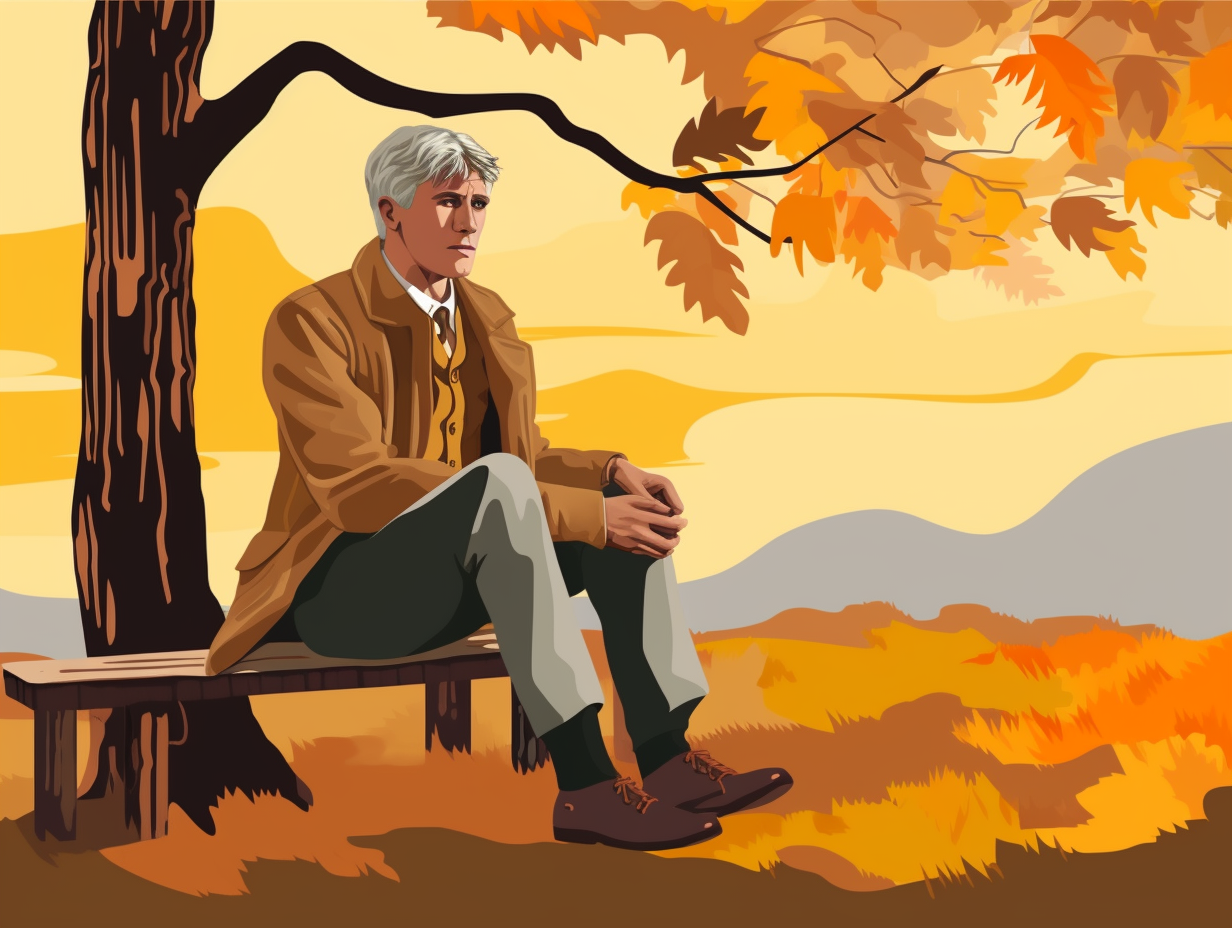Unlock the Quirks of Language: Top 12 Fun Facts About English You Never Knew

1. Language Magpie
From karaoke nights to cookie cravings, penguin waddles to entrepreneurial ventures, English has been an unabashed linguistic magpie, nicking shiny tidbits from any language it bumps into: The English language owes its diverse lexicon to borrowed words from languages such as German, Dutch, Japanese, Greek, Arabic, French, Welsh, and Portuguese, including wanderlust, cookie, karaoke, metropolis, lemon, avatar, ketchup, entrepreneur, utensil, sushi, catalogue, justice, penguin, and massage.
Source => cudoo.com
2. Ough-tastic Pronunciations
"Ough! The dizzying tightrope walk of English spelling": Although it may seem like a complex dance of masquerade, the ballet of the English language features a quirky troupe of nine pronunciations pirouetting through the letters "ough" in words like "enough" and "through." Yet, with 44 phonemes strutting across only 26 letters of the alphabet, mastering this linguistic waltz can be an intricate affair, guided only by the trusty baton of the International Phonetic Alphabet.
Source => speechactive.com

Did you know about the elusive tale of Shakespeare's alleged deer poaching escapades? Uncover the truth behind this bardly mystery and the journey that transformed him into a renowned playwright! 🦌🎭
=> Fun Facts about Shakespeare
3. Shakespeare's Word Feast
Before Olivia Rodrigo, there was a punk poet from the 16th century, constructing words like a DIY MacGyver whipping up a surprise vocabulary feast: Behold! William Shakespeare is credited with creating over 1,700 words in the English language, ranging from "alligator" to "obscene." The Bard's groundbreaking linguistic innovations, like turning nouns into verbs and adding prefixes or suffixes, are still a massive part of our daily speech today.
Source => shakespeare.org.uk
4. Buffalo Bamboozle
Buffalo go on a solo: "Buffalo buffalo Buffalo buffalo buffalo buffalo Buffalo buffalo" is a grammatically correct English sentence! This linguistic conundrum employs the word "buffalo" thrice – as a city name, a noun for the animal, and a verb meaning to confuse or intimidate – to create a delightfully baffling scenario where buffalo from Buffalo bamboozle their fellow buffalo brethren.
Source => easybib.com

5. 150 Flavors of "Count"
Did you know that English is the linguistic equivalent of a Nordstrom sale: you'll find over 150 different ways to describe the same thing, without breaking a sweat! The serious reveal: The mighty English language boasts more than 150 synonyms, antonyms, and related words for the deceptively simple term "count," showcasing its spectacular variety and complexity.
Source => thesaurus.com
6. Vowel-less Treasure: Syzygy
Ever thought you'd stumble upon a buried treasure during an innocent game of Scrabble, only to have it be vowel-less? Eureka: Syzygy, one of the longest English words with no vowels, has numerous meanings, from astronomical phenomena involving planetary alignment to the curious combination of elements in various fields like medicine and zoology.
Source => word-grabber.com
7. Palindrome Party Crasher
Knock, knock, who's there? It's Tattarrattat, the palindrome crashing James Joyce's literary party with an unexpected twist: In fact, the longest palindrome in everyday use is the Finnish word "saippuakivikauppias," meaning "soapstone vendor," which reads the same backward or forward, and showcases the delightful linguistic quirks found in languages all around the globe.
Source => dictionary.com
8. Battle of Short Sentences
Remember when your English teacher told you to keep it short and sweet, and you thought "I am" was the bee's knees of succinct sentences? Brace yourself for a bombshell: "Go" is actually another short sentence that cuts to the chase even faster, although it's an imperative sentence without a subject, making "I am" still the shortest complete non-imperative one with both subject and predicate.
Source => mocomi.com
9. E-go Maniac
E definitely needs an E-go check, hogging the spotlight and all: The letter E outshines its alphabetical companions by making up over 11% of all English words listed in the Concise Oxford Dictionary, earning the title of the most frequently used letter in the English language with A, I, and O trailing right behind it, but never quite catching up.
Source => www3.nd.edu

10. Ancient Church Word
Why did the husband and wife go to church? Because it's the oldest word they know! No, really: "Church" is the most ancient word still in use in modern English, dating back over 1500 years to the Old English "cirice," which means "place of public worship."
Source => southfloridareporter.com
11. Tiny Scrabble Saviors
Ever felt like you're stuck in a game of Scrabble, grasping at straws – or, rather, tiles – to save your score? Fear not, for the key to victory lies in the smallest of words, the tiniest of linguistic treats: there are 127 CSW-acceptable two-letter words, and 107 approved by the Official Tournament and Club Word List, that can boost your gameplay, score you points, and rescue you from tile-induced despair.
Source => en.wikibooks.org
12. Autocorrect's Nightmare
Is your autocorrect squirming in discomfort yet? Wait till it encounters this behemoth of a word that'll have your keyboard keys fighting for attention: Subdermatoglyphic! The serious reveal: This 17-letter marvel is the longest English word with no repeated letters, referring to the underlying dermal ridges found on our fingertips, palms, and soles.
Source => wordswithletters.org
Related Fun Facts




















